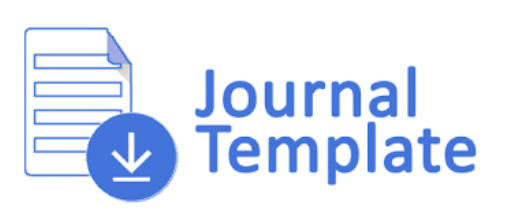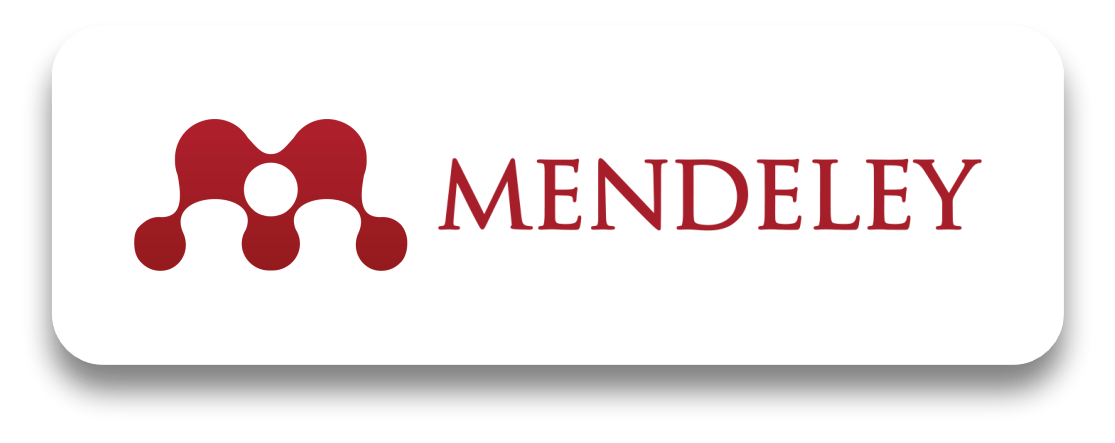Artificial Intelligence and Cybersecurity Regulation in Indonesia: Towards an Adaptive Legal Framework
DOI:
https://doi.org/10.59261/iclr.v2i1.14Keywords:
artificial intelligence regulation, cybersecurity, technology law, AI governance, risk-based regulationAbstract
The development of artificial intelligence (AI) technology has become a major catalyst for digital transformation in Indonesia. However, the accelerated adoption of AI has not been matched by regulatory readiness, especially in the legal and cybersecurity aspects. The national legal framework is still sectoral and has not been able to address the complexity of risks from AI systems implemented in various public and private sectors. This research aims to: (1) identify regulatory weaknesses in monitoring the use of AI in Indonesia; (2) formulate an integrative legal framework between AI regulation and cyber law that is adaptive to technological developments; and (3) provide policy recommendations based on international practices. This research method uses a normative-empirical legal approach with a combination of documentation studies, comparative analysis of international regulations, and semi-structured interviews with experts. The results show that Indonesia experiences significant regulatory gaps, particularly in the application of the principles of transparency, accountability, and AI risk management. Compared to the European Union and the United States, AI regulations in Indonesia are still at the declarative stage without adequate enforcement mechanisms. This study recommends the establishment of a risk-based national legal framework accompanied by the strengthening of independent oversight institutions, AI technical standards, and multi-stakeholder involvement in the regulatory process. These findings are expected to serve as the basis for the development of legal policies that are more adaptive, responsive, and secure to advances in AI technology and the dynamics of cyber threats in Indonesia.






